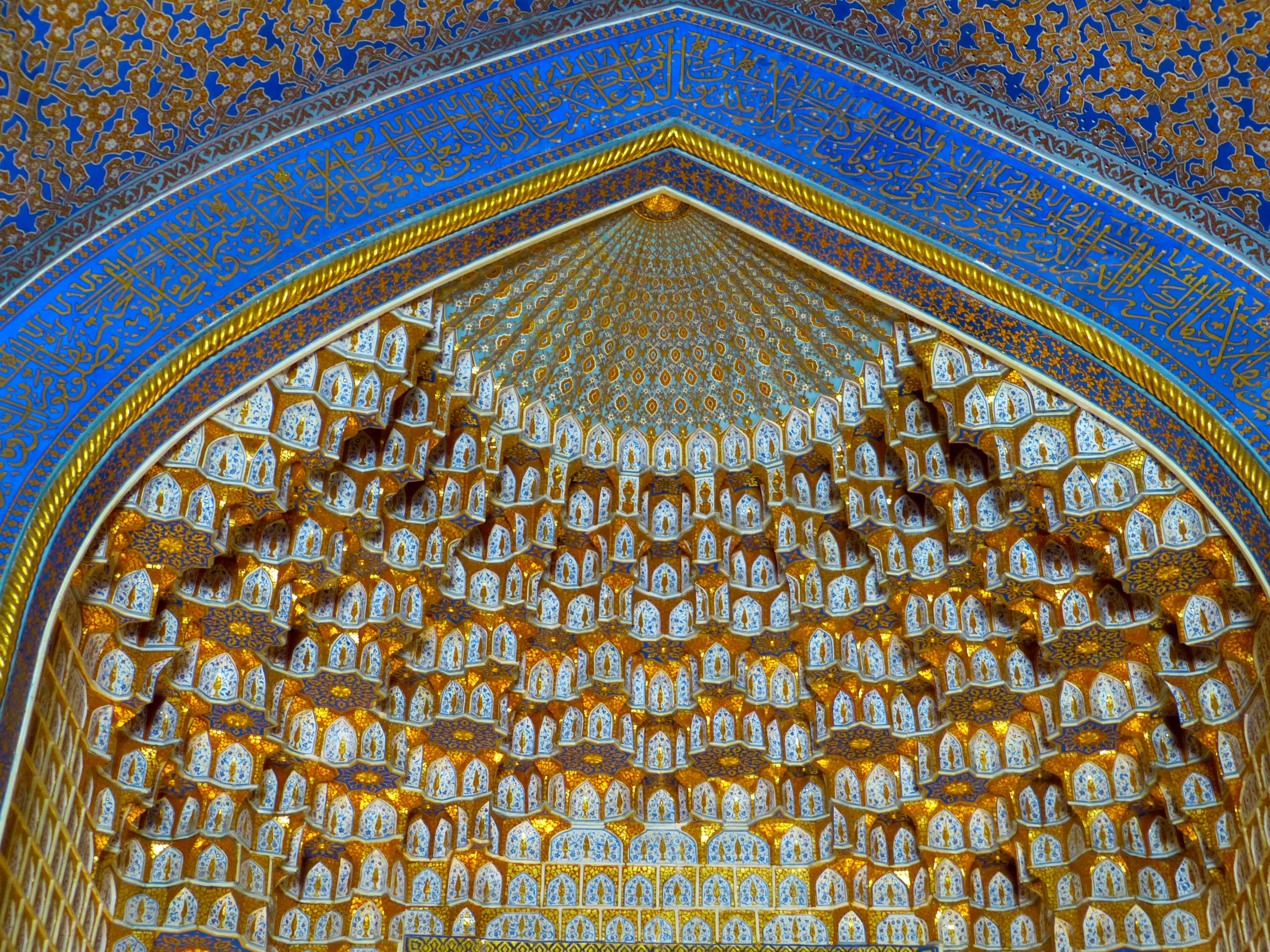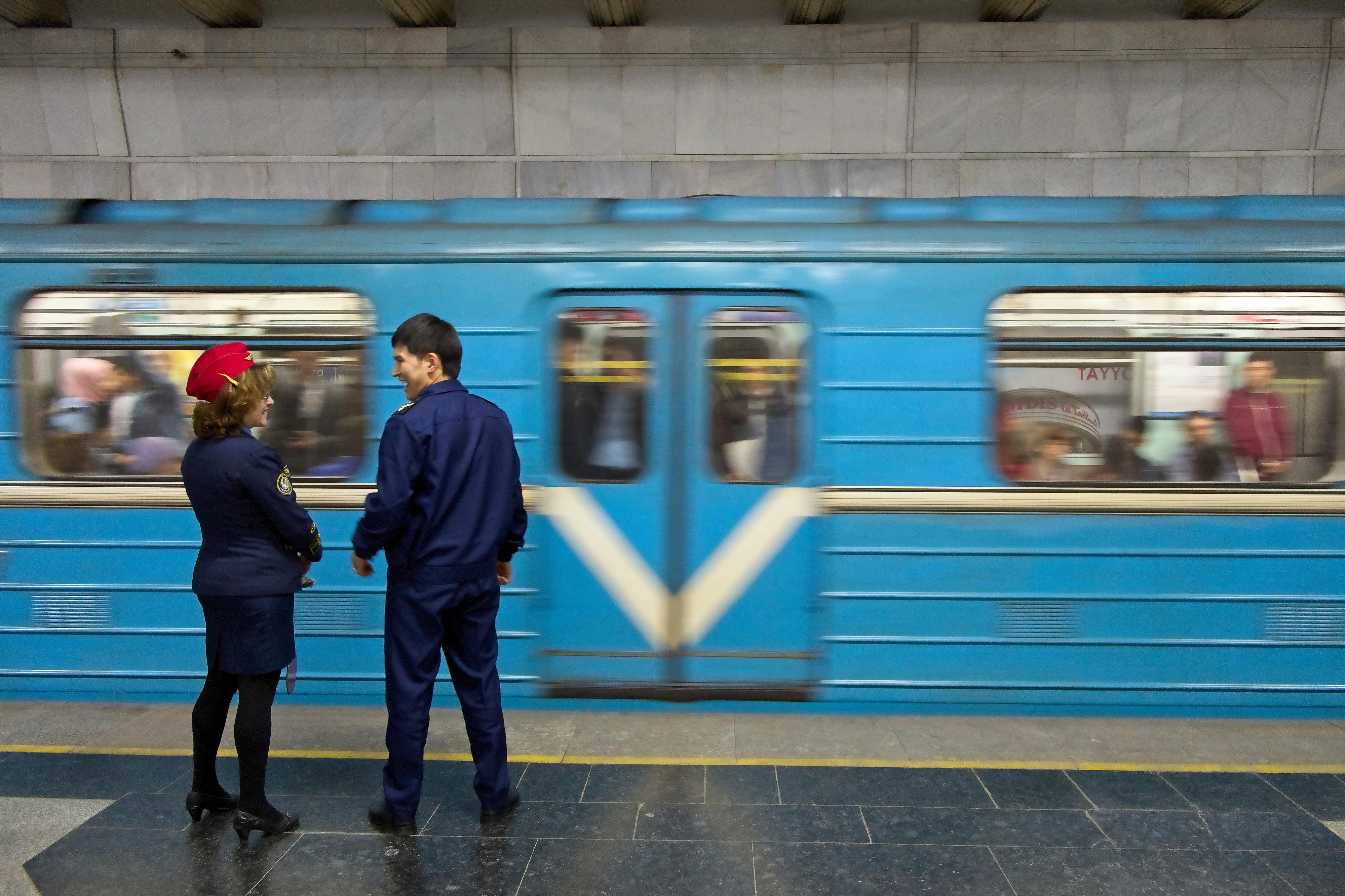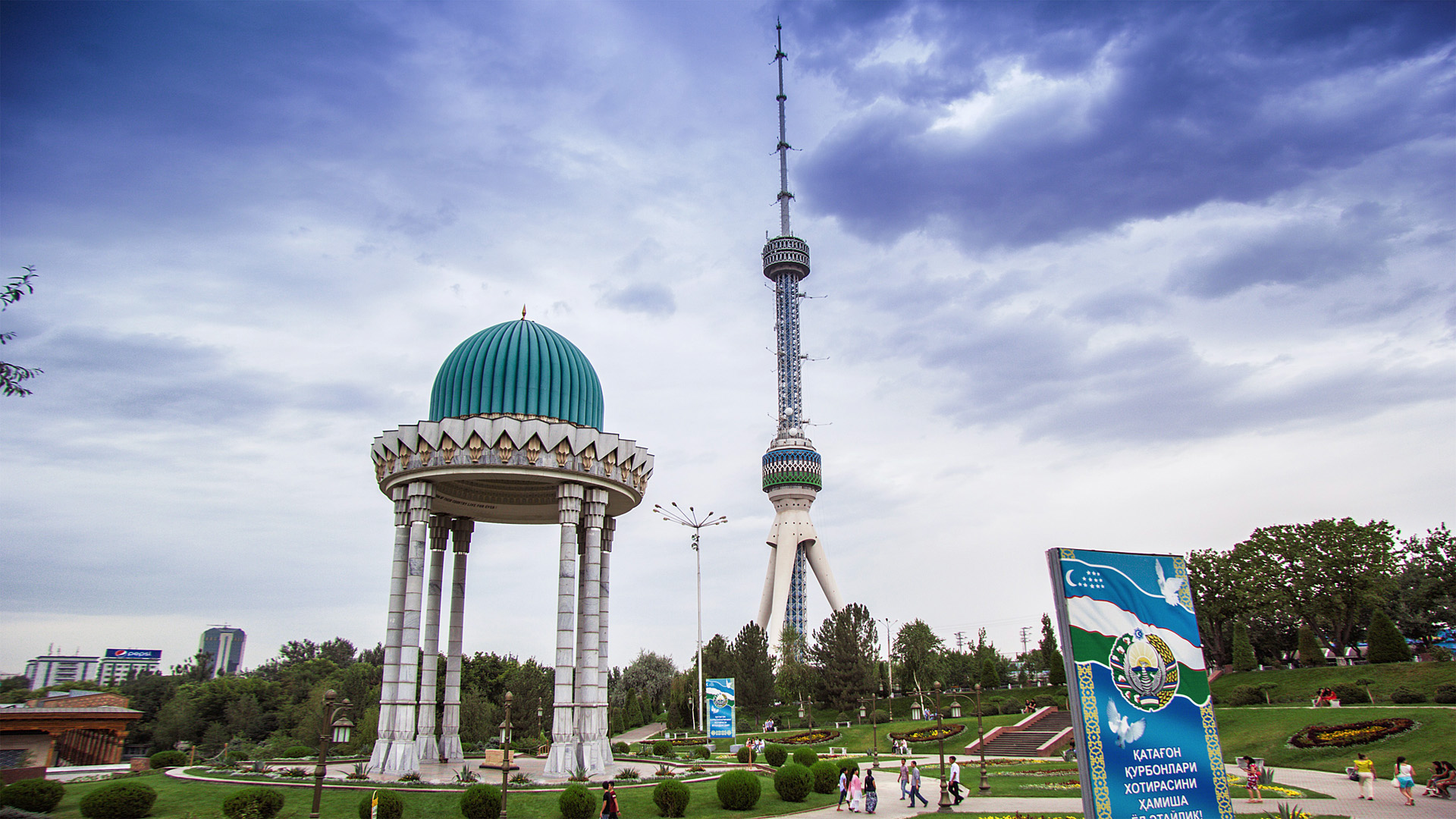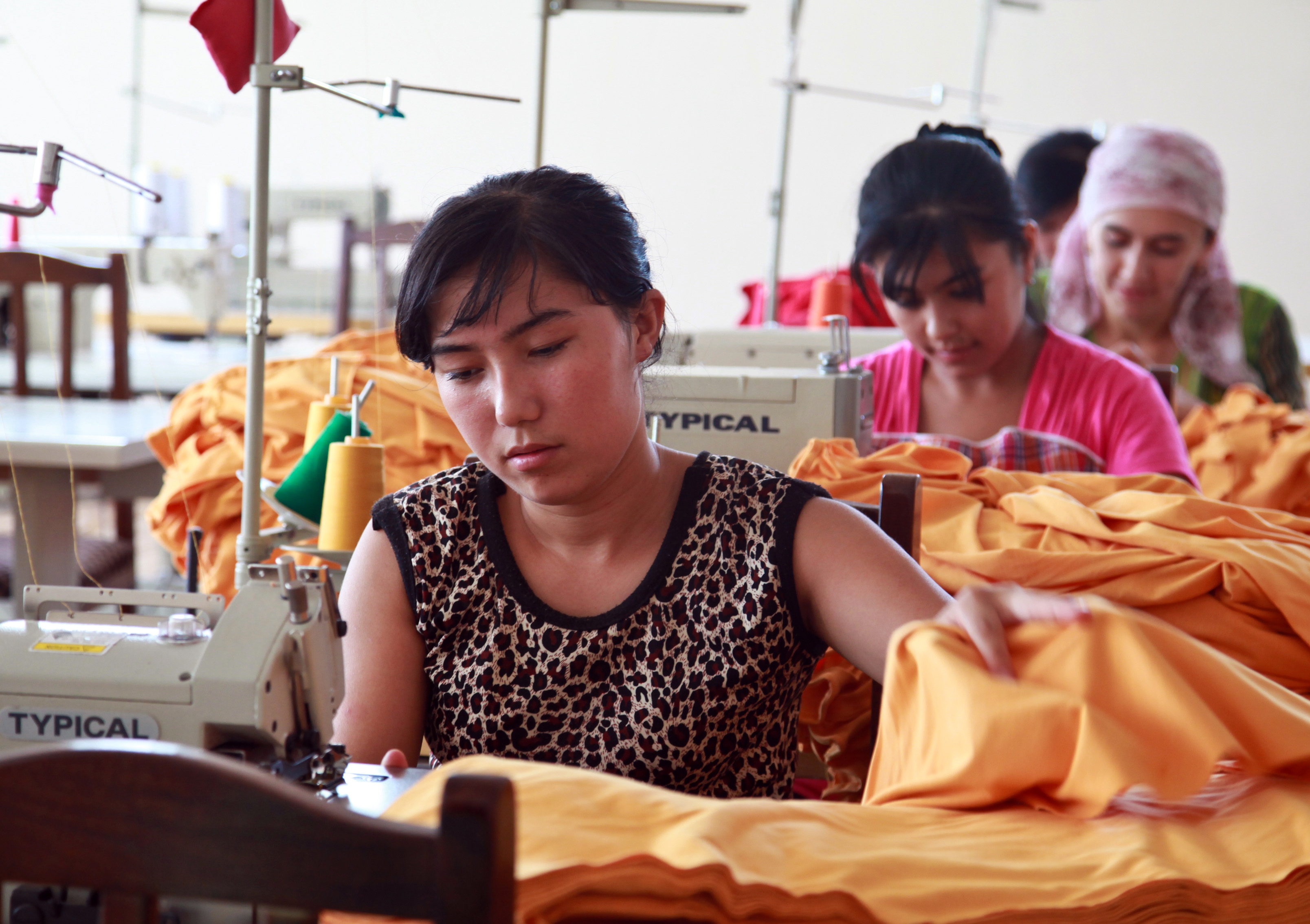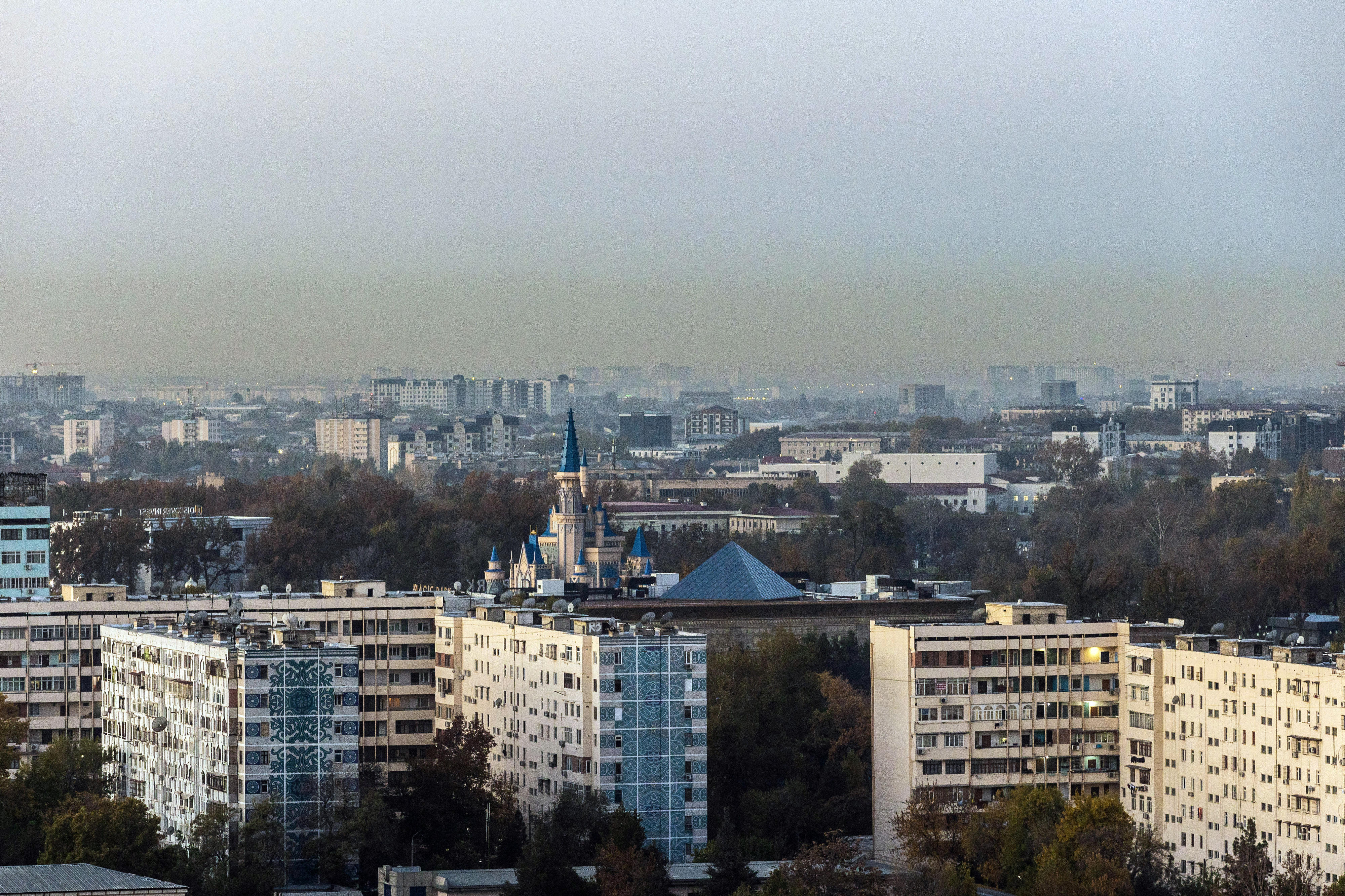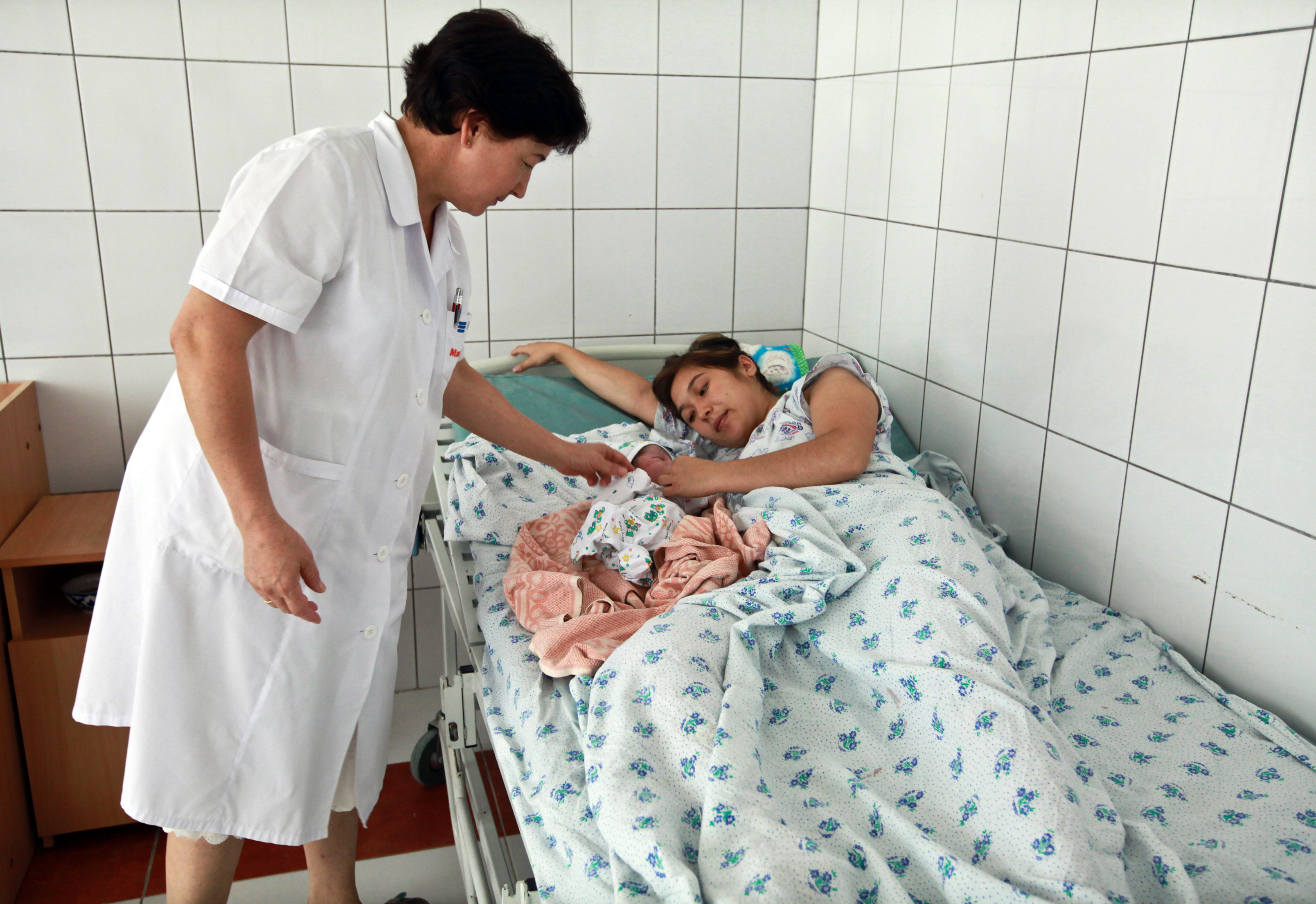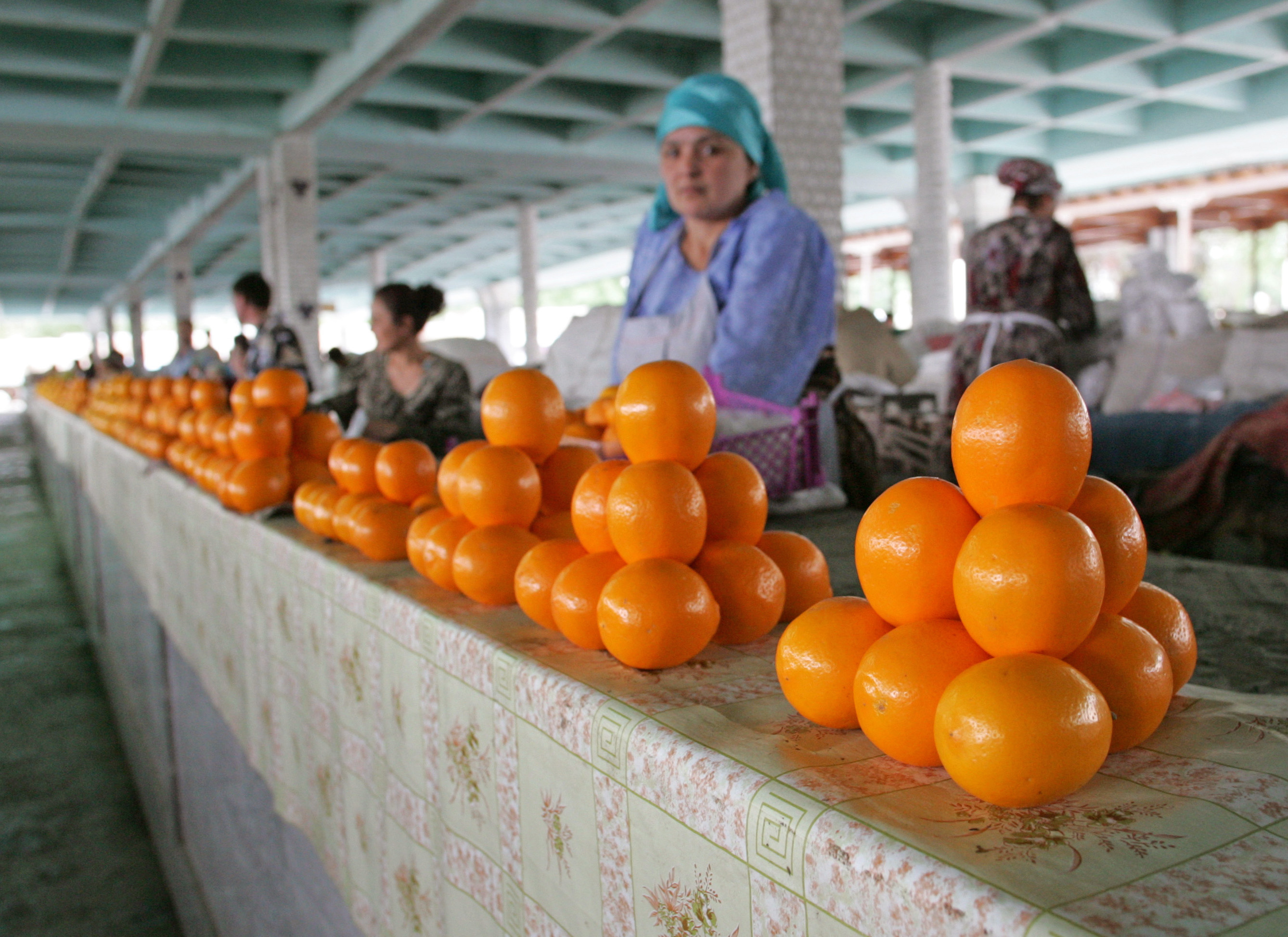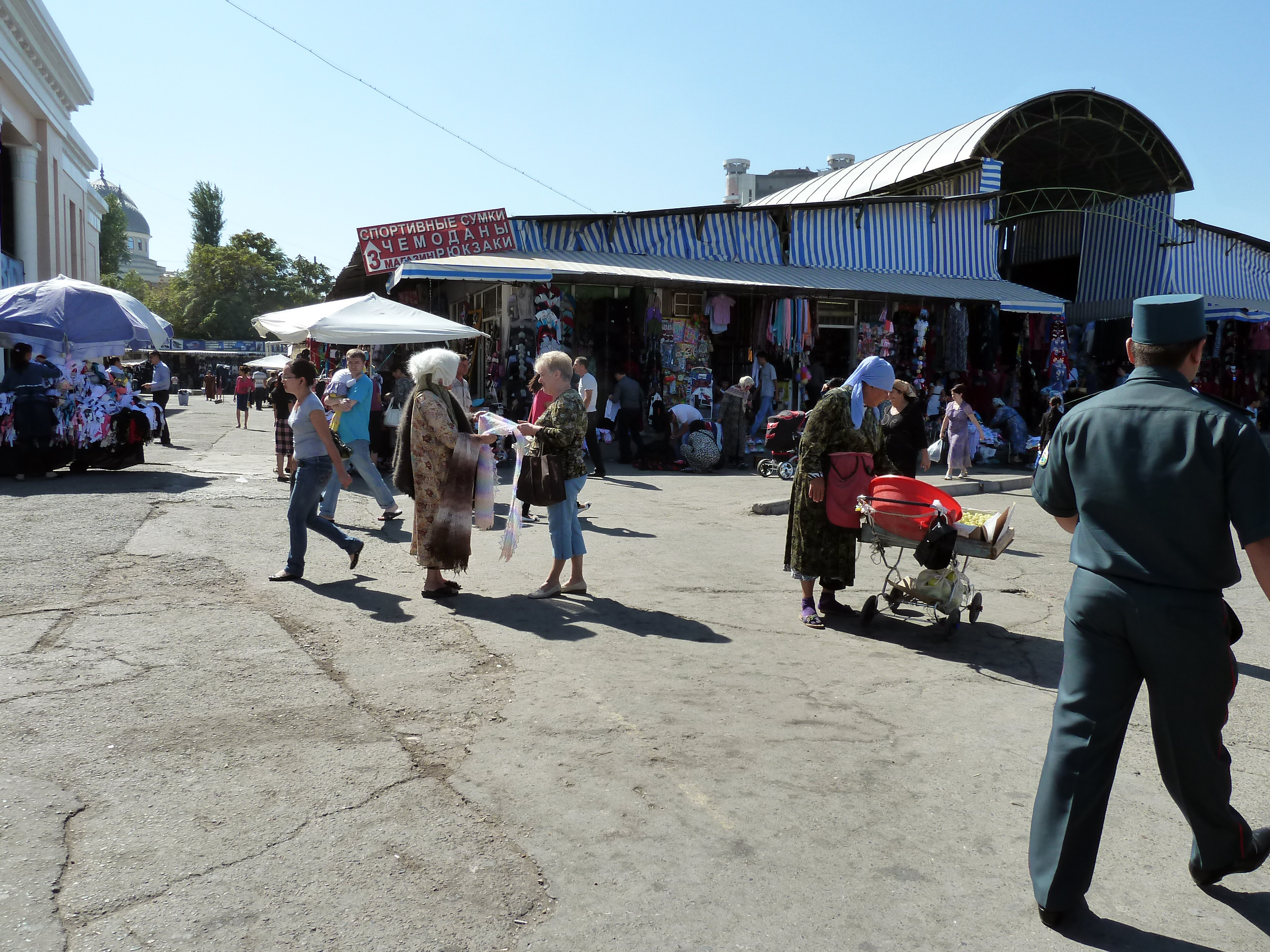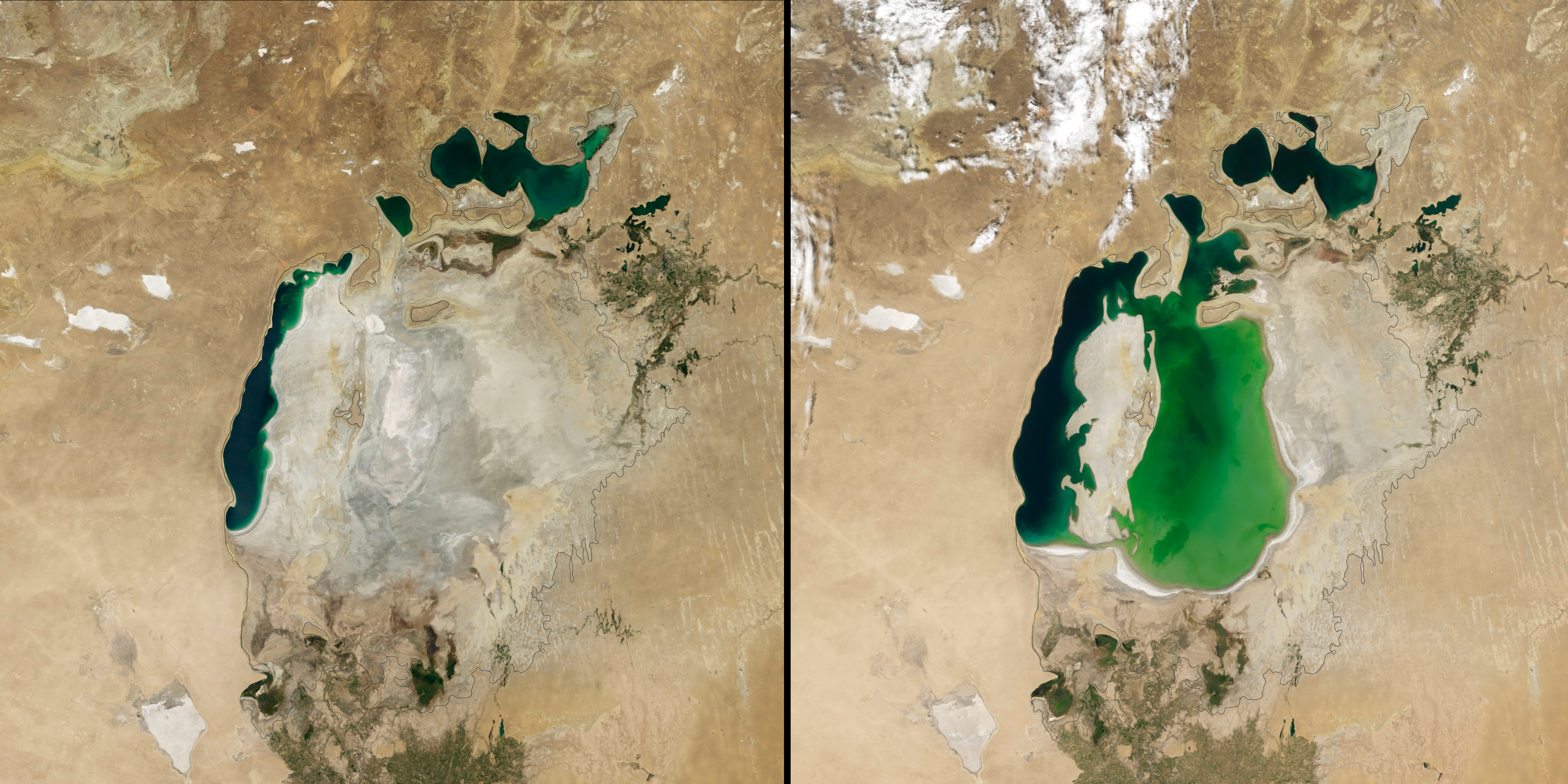Detail of the Tillakori Medrese in Samarkand, an Islamic university from the 17th century. The building was long used as a mosque.
Copyright© LoggaWiggler, via pixabay, CC0
Uzbekistan
Uzbekistan gained independence in 1991. The most important political powers are concentrated in the hands of the president. Shavkat Mirziyoyev has been head of state since 2016.
With his ambitious course of reform he is pursuing the goal of turning Uzbekistan into an open market economy and is focusing more on regional and international cooperation.
German development cooperation with Uzbekistan
Uzbekistan is the only country in Central Asia where Germany has a programme of bilateral official development cooperation. These activities are tied in with the cooperation activities of the European Union and are aligned with the Asia Strategy of the Federal Ministry for Economic Cooperation and Development (BMZ).
German-Uzbek development cooperation focuses on four core areas which are in accord with the development policy objectives of the new German government:
- Peaceful and inclusive societies | Area of intervention: good governance
- Sustainable economic development, training and employment | Areas of intervention: technical and vocational education and training, private sector and financial sector development
- Climate and energy, just transition | Area of intervention: sustainable urban development
- Health, social protection and population dynamics | Area of intervention: health, pandemics and One Health
Topics which are also a main focus of the BMZ’s cross-border regional activities in Central Asia are: water, climate and energy, use of natural resources, trade, vocational training and health.
At government negotiations in October 2024, a commitment for up to 176 million euros for the years 2024 and 2025 was made to Uzbekistan, with 152 million euros being allocated to Financial Cooperation projects and 24 million euros to Technical Cooperation projects. With this support, Germany is strengthening the course of reforms embarked upon by the Uzbek government and contributing towards solidifying the progress already achieved in terms of modernising the country.
SDG trends for Uzbekistan
- On track or maintaining SDG achievement
- Moderately improving
- Stagnating
- Decreasing
- Trend information unavailable
